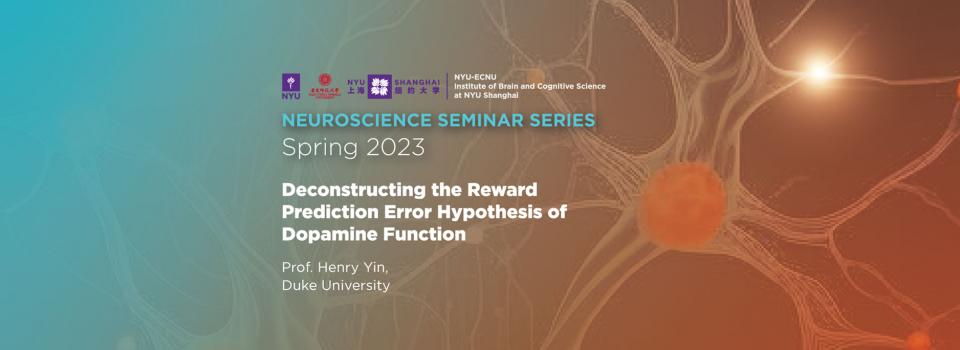
Host: Prof. Xin Jin, East China Normal University
- RSVP to Join the Seminar Online or Onsite -
Abstract
According to a popular hypothesis, phasic dopamine (DA) activity encodes a reward prediction error (RPE) necessary for reinforcement learning. However, recent work showed that DA neurons are necessary for performance rather than learning. One limitation of previous work on phasic DA signaling and RPE is the limited behavioral measures. I will present new results from experiments that quantify subtle force exertion while recording and manipulating DA activity in the ventral tegmental area (VTA) during stimulus-reward learning. We found two major populations of DA neurons that increased firing before forward and backward force exertion. Force tuning is the same regardless of learning, reward predictability, or outcome valence. Changes in the pattern of force exertion can explain results traditionally used to support the RPE hypothesis, such as modulation by reward magnitude, probability, and unpredicted reward delivery or omission. Thus VTA DA neurons are not used to signal RPE but to regulate force exertion during motivated behavior.
Biography
Henry Yin is a Professor of Psychology and Neuroscience at Duke University. He received his Ph.D. from UCLA and did a postdoctoral fellowship at the NIH before starting his lab at Duke.


